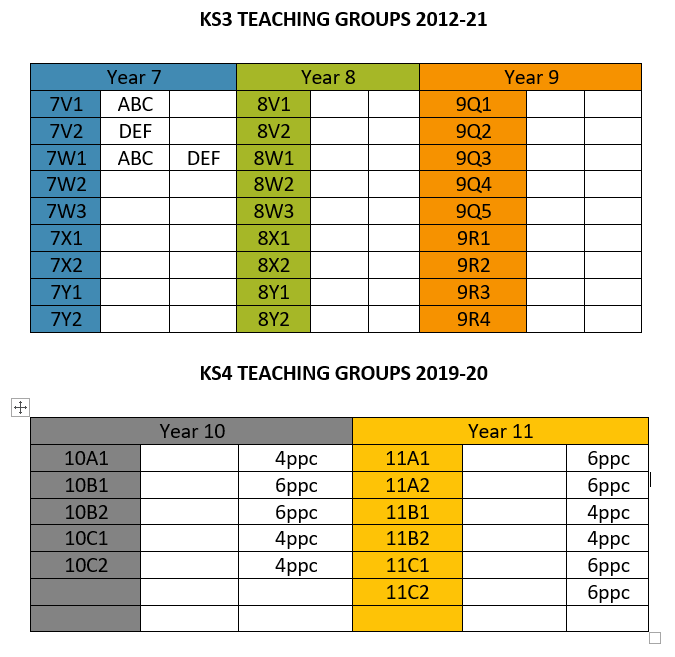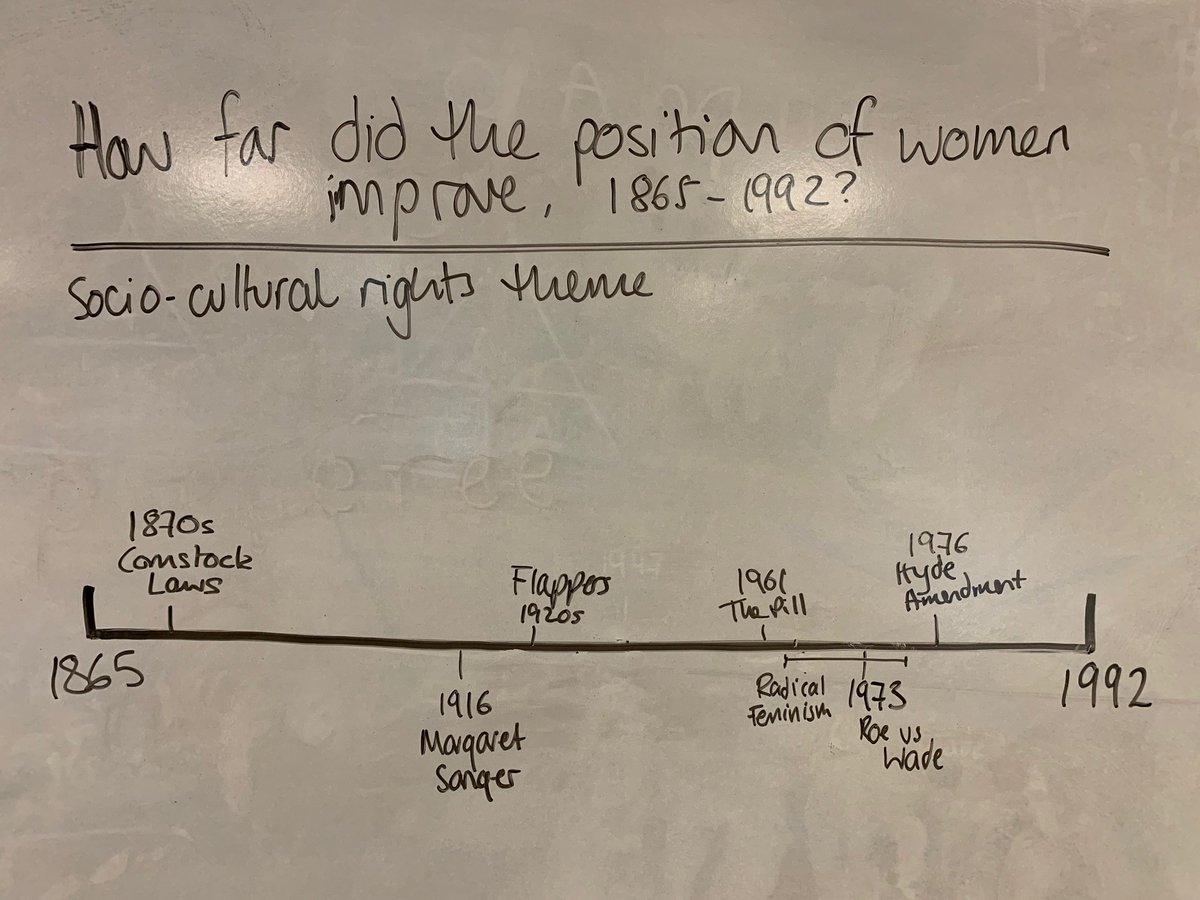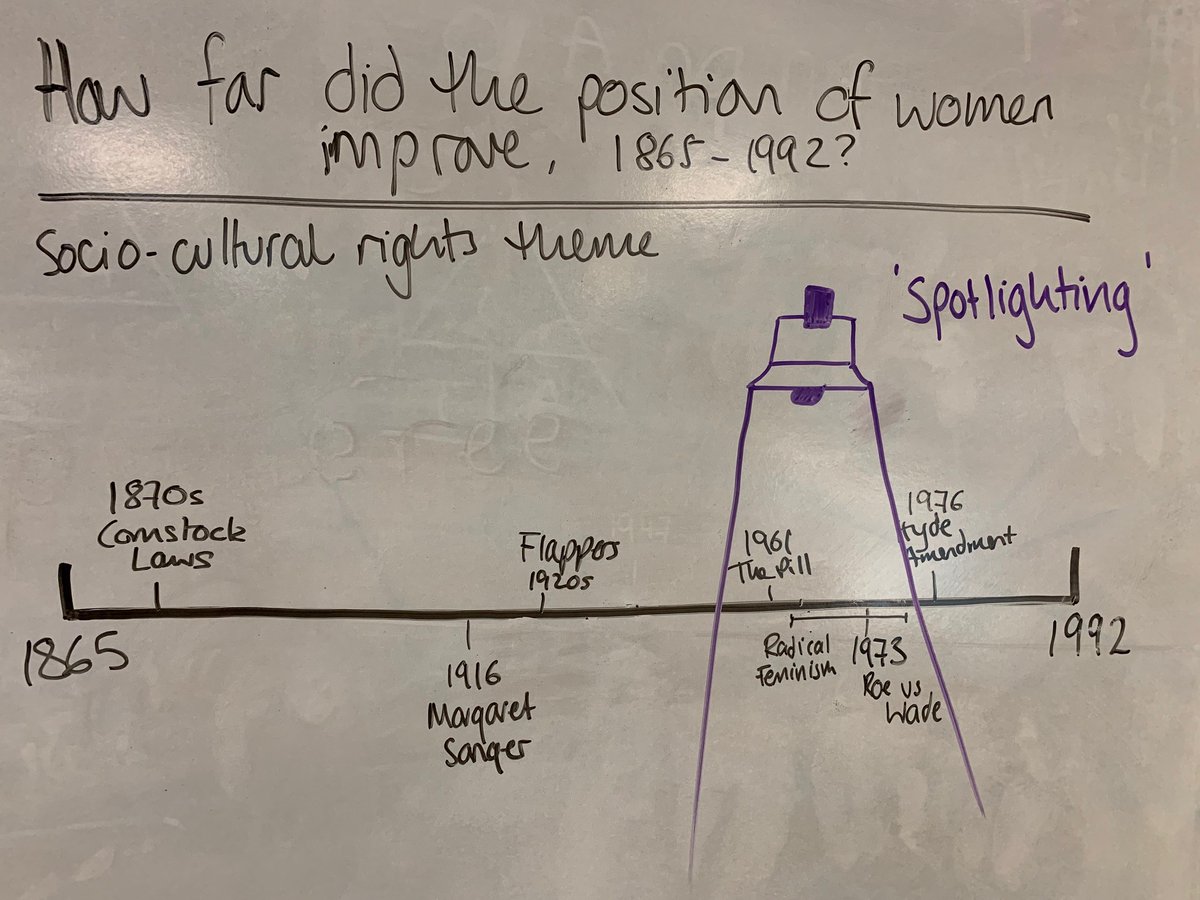
🧵I’ve had a couple people ask about this, so here are some things that might help HoDs right now:
1. Anticipate some pandemic-related disruption and remember you’re just one person. The pressures and stresses this term might bring aren’t your fault, or yours to fix alone.
1. Anticipate some pandemic-related disruption and remember you’re just one person. The pressures and stresses this term might bring aren’t your fault, or yours to fix alone.
2. Think about your sources of support: line manager, experienced team members (and energetic, fresh-faced team members!) other HoDs in school, subject associations, Twitter communities. Also: friends, family, pets, takeaways. You won’t get a pay rise for quiet martyrdom.
3. Acknowledge that the “aggregation of marginal setbacks” is *still very much a thing* for you and your team.
Extra formal assessments, setting work for isolators, other individually small, but cumulatively big, covid-caused tasks increase day-to-day workload. Bear in mind.
Extra formal assessments, setting work for isolators, other individually small, but cumulatively big, covid-caused tasks increase day-to-day workload. Bear in mind.
4. Get a look at your team timetable: don’t micro-plan every eventuality, but:
If members of your team have to isolate, how might their exam groups have some lessons led by specialists? Can non-specialist cover be deployed to KS3? (esp if internal assessments are approaching)
If members of your team have to isolate, how might their exam groups have some lessons led by specialists? Can non-specialist cover be deployed to KS3? (esp if internal assessments are approaching)
5. Talk to your team briefly about the possibility of covering exam groups for each other- are they happy to be flexible if they, or other team members, have to isolate? Pre-brief the ‘why’ of this approach and gauge reaction.
6. In general, work to a tight-ish horizon for a half term. Spend most of your energy on the next week or two- plan too early and you may end up planning twice as an unpredictable situation unfolds. (In some places this is known as Grommitting...)
https://twitter.com/bethanstaton/status/1477590569392160769?s=21
7. In the same vein, be ready to keep operational work front and centre- make a detailed list of curriculum issues etc that need fixing but can realistically wait. This applies to a lot of stuff. Be prepared to kick some cans down the road- just keep a record of what you kick.
8. Sketch out the calendar for your team this term. What needs to be on their radar?
Mine is on a Dept office whiteboard but printed copies just as useful.
Awareness of data entries, after-school events etc makes workload managment in an unpredictable term much easier!
Mine is on a Dept office whiteboard but printed copies just as useful.
Awareness of data entries, after-school events etc makes workload managment in an unpredictable term much easier!
9. Loosely plan meeting slots for this half term. Figure out what will be essential to work on as a full team at various points.
Be prepared to shelve longer-term curric work if needed to deal with operational stuff like training your team to mark and moderate mocks etc
Be prepared to shelve longer-term curric work if needed to deal with operational stuff like training your team to mark and moderate mocks etc
10. Get textbooks to hand if you can- consider what you might use as cover work in a pinch for each year group, perhaps a bit that sits outside your normal scheme for a few lessons but could be set regardless of where a class has got to. Consolidation work is good here.
11. Get ahead, if you can, on any Y11/13 internal assessment design, mark schemes etc. Make sure your team know which papers/questions not to use in lessons.
12. If you are new to the role in the last two years, remember that this is still a long, long way from normal and it is often the most enjoyable aspects of the job that are the first to go (for me, curric leadership stuff.)
I’m sure this isn’t all of it! Please do reply with anything I’ve forgotten - the hive mind is really helpful, especially if it brings contributions from those in different contexts!
What are other HoDs doing in the next week or so?
What are other HoDs doing in the next week or so?
• • •
Missing some Tweet in this thread? You can try to
force a refresh







